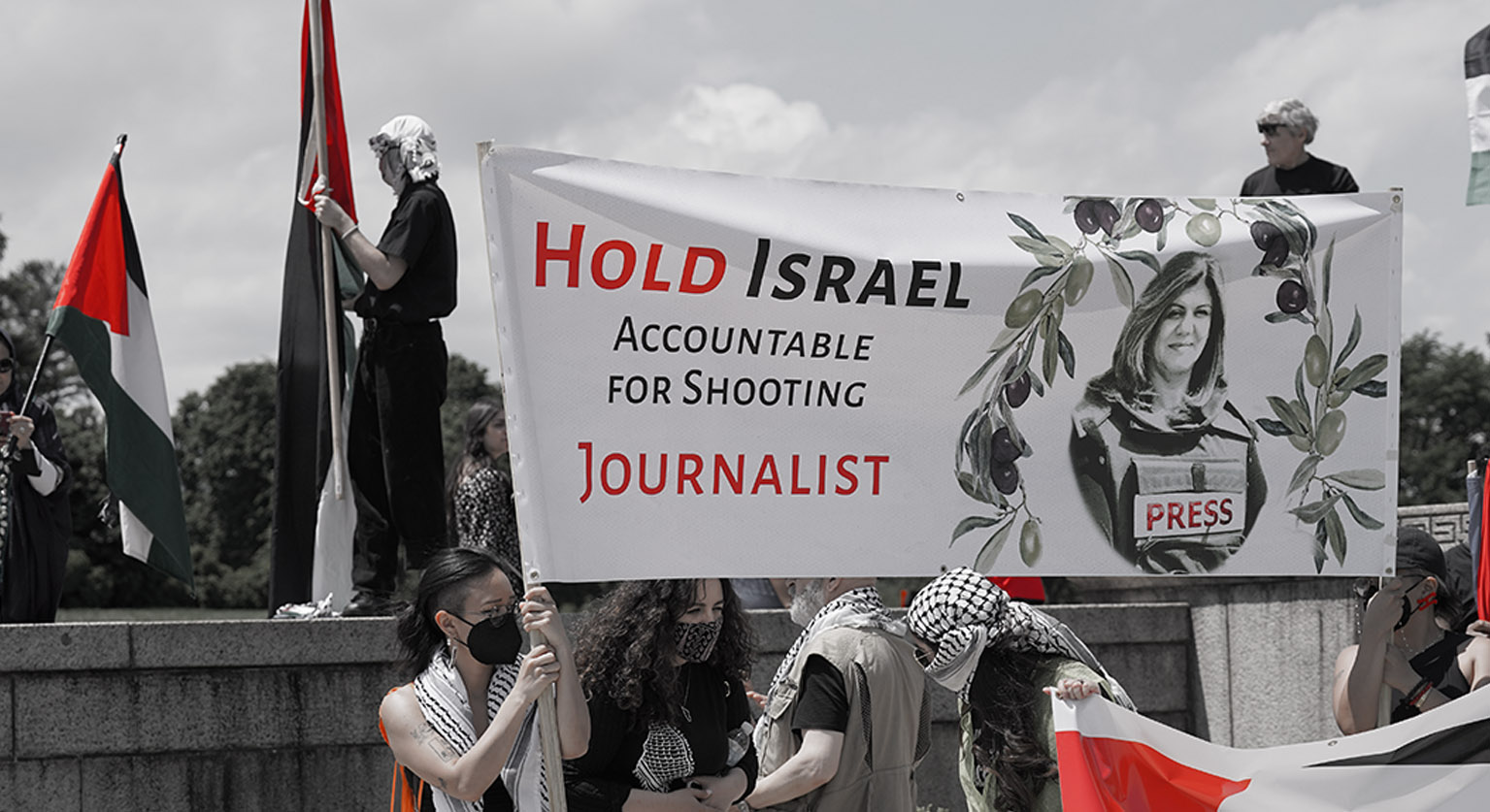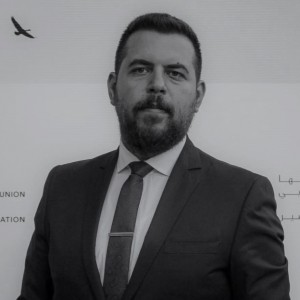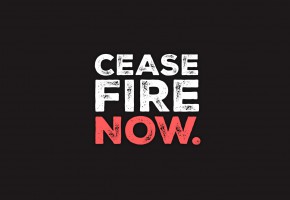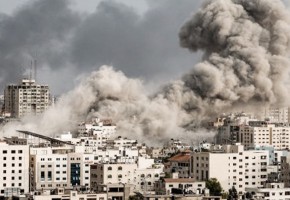
The War in Palestine: Victory goes to the best narrative! - Jad Shahrour
Jad Shahrour

The War in Palestine: Victory goes to the best narrative! - Jad Shahrour
Never before has the media war become such an explicit part of the Israeli occupation's army against Palestine. Never before has the narrative been as threatening and gruesome as the military campaign. It is the same killing, the same injustice.
The Propaganda Industry
Western media has not hidden its bias toward Israel from the beginning of its coverage of the Al-Aqsa Flood. “Do you condemn Hamas?” was a common question, without which no television interview can begin. Without a doubt, the question is the first step in Israeli propaganda against the Palestinians. However, does the Western media have the luxury of being biased? As soon as the pictures and videos began to spread on social media, they began retreating from the Israeli narrative due to weak evidence.
For example, the New York Times changed the heading of one of its stories twice. From "Israeli Strike Kills Hundreds in Hospital, Palestinians Say" to "At Least 500 Dead in Strike on Gaza Hospital, Palestinians Say" to At Least 500 Dead in Blast at Gaza Hospital, Palestinians Say."
The newspaper tried to muddle its coverage. The terminology was changed to convey the news in a justifiable manner. The hypothesis of the Israeli bombing was erased to make it seem that the explosion that claimed the lives of 500 Palestinians was an accident.
Another example is the horrific incident where the White House retracted the claim that US President Joe Biden had seen children who were beheaded by the Palestinian Hamas Movement. The US President’s spokesperson explained that the comments were based on news reports and allegations by Israeli officials! Biden's claims appeared on the front pages of Western newspapers, and reports of beheaded children were cited in some quarters as justification for retaliatory attacks and collective punishment of civilians in Gaza. This news has no basis and no image. It was transmitted by the power of the Western media, allowing Hamas to be likened to ISIS.
The Art of Dialogue and Criticizing the Narrative
However, some media and diplomatic personalities learned their lesson in the art of dialogue and rhetoric in several responses, defending an unbiased narrative and presenting the facts. The interviews with the Palestinian ambassador to Britain, Hossam Zomlot, on the BBC and CNN are worth mentioning in denouncing Western media equating the killer, Israeli occupation, with Palestinian victims. He called for the application of international law and holding the occupation accountable for its crimes against the Palestinians.
Another example is when Christiane Amanpour interviewed Mustafa Barghouti, Secretary-General of the Palestinian National Initiative Movement, on CNN. “Gaza is currently being subjected to three crimes. They are the siege and collective punishment, genocide, and ethnic cleansing.” Barghouti's words managed to show the real culprit and break Western media's blackout.
On the other hand, a live interview on Al-Arabiya news channel saw journalist Taher Baraka embarrass the Israeli army's official spokesman Avichai Adraee, with two questions. One was about the number of Hamas leaders killed. The other was whether Israel would agree to send an international fact-finding mission on the ground to uncover the circumstances of the Baptist Hospital massacre. Adraee's answers were evasive.
These clear examples were discussed by social media activists interested in politics and the Palestinian issue. The counter-narrative became more accessible when Egyptian comedian, Bassem Youssef, used dark comedy in his interview with British journalist, Piers Morgan. He spoke about using children as human shields and then proceeded to criticize the Western narrative.
The examples are many and require more than one article on those who maliciously promote the profession's ethics and standards and continue to violate them.
Policies of Social Media Platforms
Social media users involved in discussions and campaigns in solidarity with Palestine face “shadow bans”, meaning their content is blocked with or without reason. Before discussing the theories that support or deny this information, two things must be taken into account. The first is that we are guests of these platforms and agree to their conditions when we use them. Second, their standards are difficult to explain in times of war. Thus, one option remains, which is publishing within the platform’s standards without changing one's position. How could this be? Easily, we can contribute to exposing the misleading narrative by the occupation army with a very simple move, which is publishing all coverage of fake and misleading news. We could easily turn our profile pages into a center for dismantling fake news via the share button, whether on AFP, Reuters, or other large agencies. Publishing in this format has many more benefits than criticizing the platforms whose policies we do not have the luxury of changing as we would like or hope.
Finally, numbers should not concern us. At the time of writing this article, there were more than 24 cases of assassination of Palestinian journalists doing their work, two with no information about them, no trace, dozens of wounded, and completely destroyed media buildings. Our role as citizens is clear, which is to publish an explanation and deconstruction of the Israeli narrative. The responsibility does not actually fall on us completely but some of these practices could build us a clearer future.
References
● After Hospital Blast, Headlines Shift With Changing Claims
● White House walks back Biden’s claim he saw children beheaded by Hamas
● حسام زملط.. سفير فلسطيني واجه ازدواجية الإعلام الغربي
● البرغوثي لـCNN: إسرائيل ترتكب 3 جرائم حرب في غزة.. وخطتها لا تهدف فقط إلى إخلائها
● مذيع لبناني يُحرج أفيخاي أدرعي
Recent publications

ANND Newsletter January 2026 - From Davos to the UPR: Between Promises, and Accountability
Related publications


